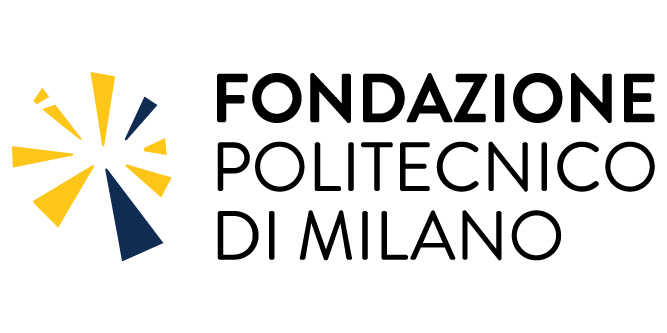i-GAP
Heating the future, reducing energy use and pollutants
October 2016
- December 2020

“Buildings account for 40% of energy consumption and 36% of pollutants”. The vast majority of energy saving options are clustered around the refurbishment of residential buildings built before 1990, which means about 90% of the total, mostly heated by gas-fuelled boilers
The initiative
I-GAP has the major objective of reducing air emission and energy consumption by renovating traditional heating systems and introducing innovative smart heat pumps for home use, thereby contributing towards near-zero-emission buildings. The initiative will also quantify the benefits to energy, environment and infrastructure arising from the widespread use of this technology.
Gas Absorption Heat Pumps (GAHP) are produced using innovative technology and materials and are much smaller than traditional heating systems and consume up to 40% less energy. They can be manufactured in bulk, are easy to insert within building systems and equipment, and require a similar level of maintenance as traditional boilers.
The role of the Foundation
Fondazione Politecnico di Milano is collaborating with the initiative
Technical details
I-GAP – Innovative Gas Absorption Heat Pumps (GAHPs) – is financed by Regione Lombardia (the regional authority of Lombardy) through Agreements on Research and Innovation accessing the European Funds for the Regional Operational Programme ROP ERDF 2014-2020. Ariston Thermo Innovative Technologies srl is heading the partnership. I-GAP is concerned with analysing the conditions for manufacturing GAHPs in bulk, and includes phases of testing in laboratory and to domestic applications, as well as a market analysis on the potential diffusion of GAHP technology. As well as reducing energy consumption, smart control systems are coupled with hydronic modules, as a means of including alternative renewables. GAHP technology also incorporates mechatronic technology.
First results
The research programme undertaken by i-GAP partners has already achieved important results. An initial technical report was submitted to the Regione, and the initiative’s promising developments were the topic of a meeting session attended by Regione Lombardia, the Italian Ministry of Universities and Research (MIUR) and EU officials, held last spring at Politecnico di Milano.
Financial supporters







